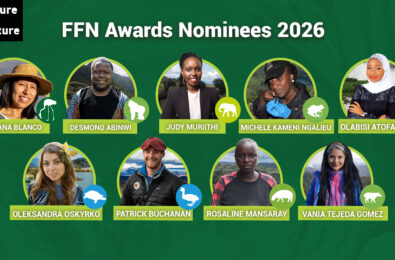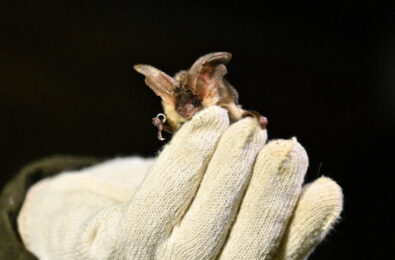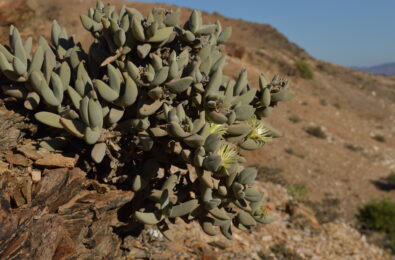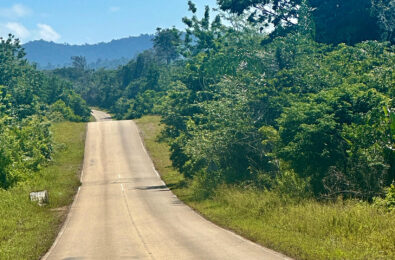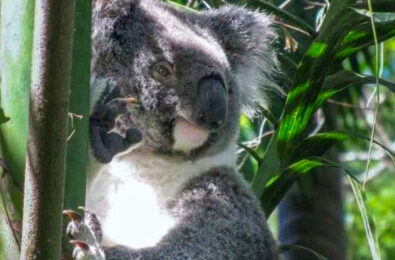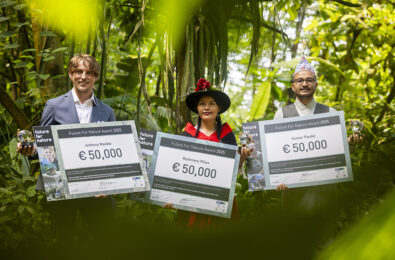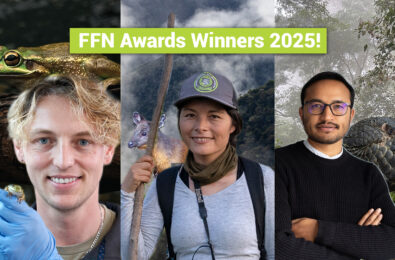How snow leopard protection has led to a major step in ethical nature conservation
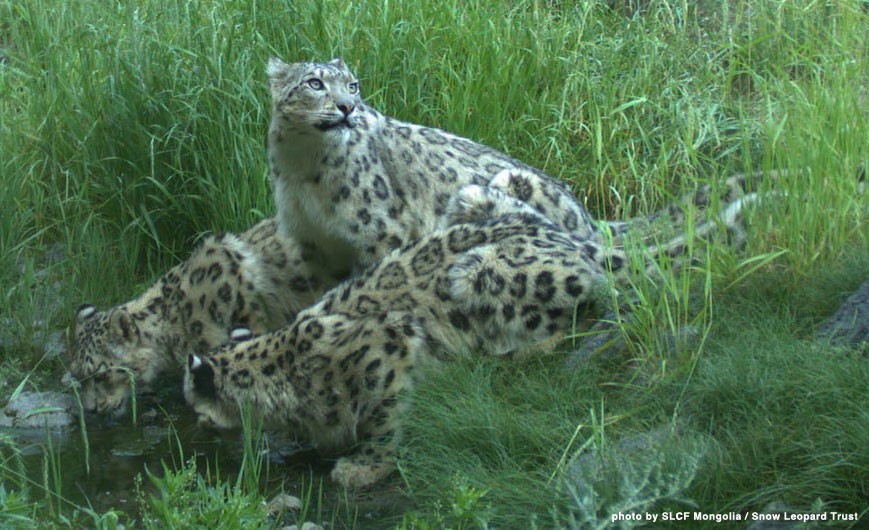
“It’s not just the end results that matter. How we do conservation is as important as what we achieve for nature and biodiversity”, says Dr. Charudutt (Charu) Mishra. A major milestone in his life’s work was the launch of the Ethical Conservation Alliance in November 2023.
New way of looking at conservation as a key to success
The need for a new way of looking at conservation is becoming increasingly urgent as, globally, an estimated 130 million people have been displaced from their homes to make way for nature reserves and protected areas. They are referred to as ‘conservation refugees’ and this phenomenon has resulted in local opposition to conservation efforts in many parts of the world.
Charu’s conservation career started with the protection of the snow leopard in Asia which is still an important part of his conservation efforts. When first studying the snow leopard and the threats this species is facing in the Himalayan Mountains of India, he immersed himself in the local communities. He stayed in Kibber Village, and lived with the local community, who survived by herding sheep, goats, and yaks in the harsh environment. It was then that Charu, who had been trained in ‘fortress conservation’, realized that such a conservation approach, with its origins in colonialism and practiced in a top-down manner, was highly unjust towards indigenous people and local communities. Charu faced intense ethical complexities of nature conservation. This, however, did not deter him, but gave him the motivation and insight to develop a new view on protecting the snow leopard –this time in collaboration with local communities.
PARTNERS Principles
Since then, Charu has studied and worked to create conservation programmes with communities. He co-founded India’s Nature Conservation Foundation that has grown to become one of the model research-based conservation organizations protecting animals, diversity of life and landscapes in a socially responsible manner by combining research with community involvement and conservation education. Charu helped set up the India program of The International Snow Leopard Trust through which he conducts most of his science and conservation work, and since November 2019, Charu is the Trust’s executive director.
Dr. Mishra distilled his experience in community-based conservation into a set of principles, the PARTNERS Principles which have been developed based on the extensive experience of the Snow Leopard Trust partner comprising Nature Conservation Foundation (India), Snow Leopard Foundation (Pakistan), Snow Leopard Conservation Foundation (Mongolia), Snow Leopard Foundation in Kyrgyzstan, and Shan Shui (China). He published the principles as a book and they were used to create a training programme for conservationists. These principles are applicable everywhere on the planet, taking the lessons learned from Charu’s initial steps in the conservation world to a global level.

Ethical Conservation Alliance and COP28
All these efforts and achievements came together in 2023 with the launch of the Ethical Conservation Alliance on 6th November 2023, at the People for Planet Summit in London.
Charu played an instrumental role in drafting the Bishkek Declaration for Snow Leopard Conservation (2013) and setting up an intergovernmental alliance of Environment Ministers of the 12 countries (Afghanistan, Bhutan, China, India, Kazakhstan, Kyrgyzstan, Mongolia, Nepal, Pakistan, Russia, Tajikistan, and Uzbekistan) that have snow leopards. The ongoing work of this Alliance, now operational for a decade, received the 2022 BBVA Worldwide Award for Biodiversity Conservation. It “serves as a model for the whole world on how to come together to protect nature, and how to do it keeping local and indigenous people at the forefront,” stated Charu at the 10th Anniversary of the Bishkek Declaration.
In December 2023, Charu addressed world leaders at the United Nations Climate Change conference in Dubai (COP28), outlining current global threats and achievable solutions, and raising the urgency of Ethical Conservation practices.
Community-based conservation model places local people at the heart of conservation efforts
The threats to biodiversity due to global warming are well known by now, but the effect of choices made to reduce it have an interesting twist. The tradition of top-down and coercive conservation efforts has led to extreme injustices and marginalization of local and indigenous communities throughout the world. So called ‘fortress conservation’ has – as mentioned before – thus far displaced an estimated 130 million people worldwide according to Survival International. This is where the Ethical Conservation Alliance makes a difference. It aims to create a global movement towards ethical conservation, which not only acknowledges the rights and needs of local people but will play a major role in establishing effective and inclusive nature conservation solutions. The members of this growing Alliance are conservation leaders from more than 30 countries working to save the planet’s species, lands, oceans, and air. They are conducting training programs for conservationists in community engagement, creating awareness, sensitizing governments and creating synergies for ethical conservation through international cooperation.
It is an inspiring and growing collaborative movement towards ethical nature conservation across the world’s lands and oceans!
Written by Antoinette Bakker
Images via Charudutt Mishra / Snow Leopard Trust






